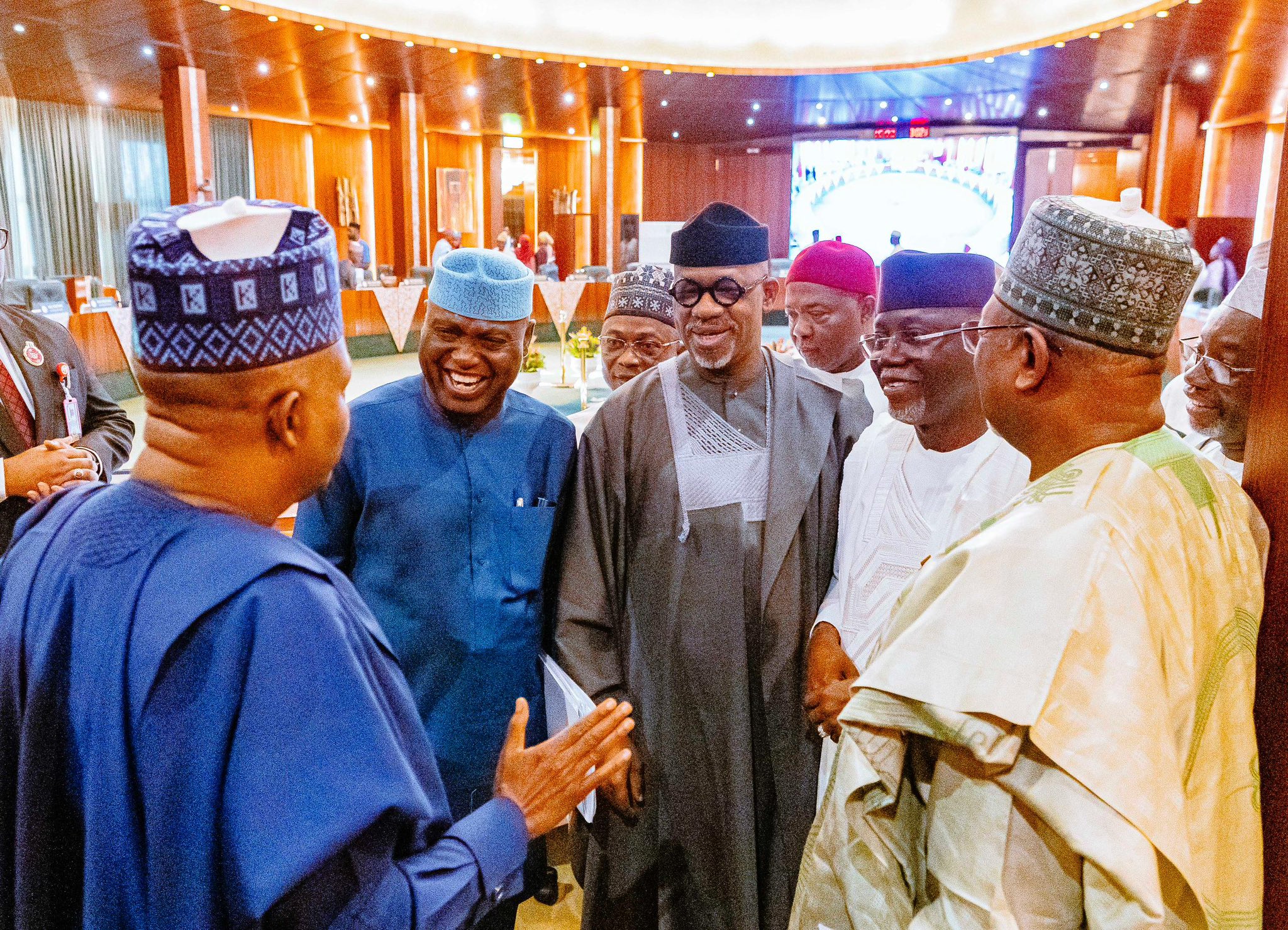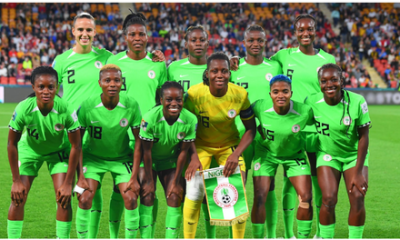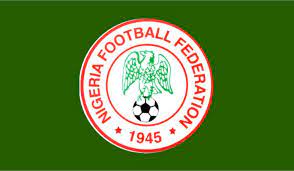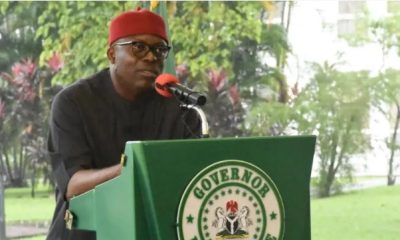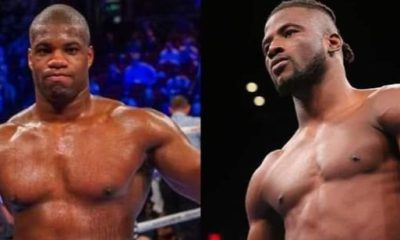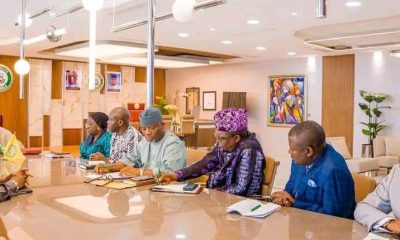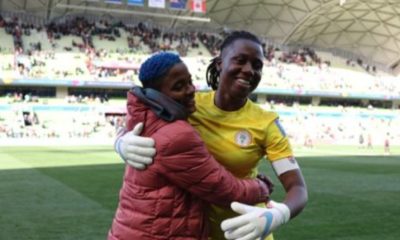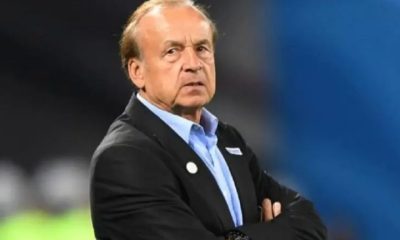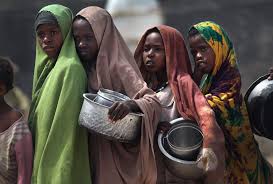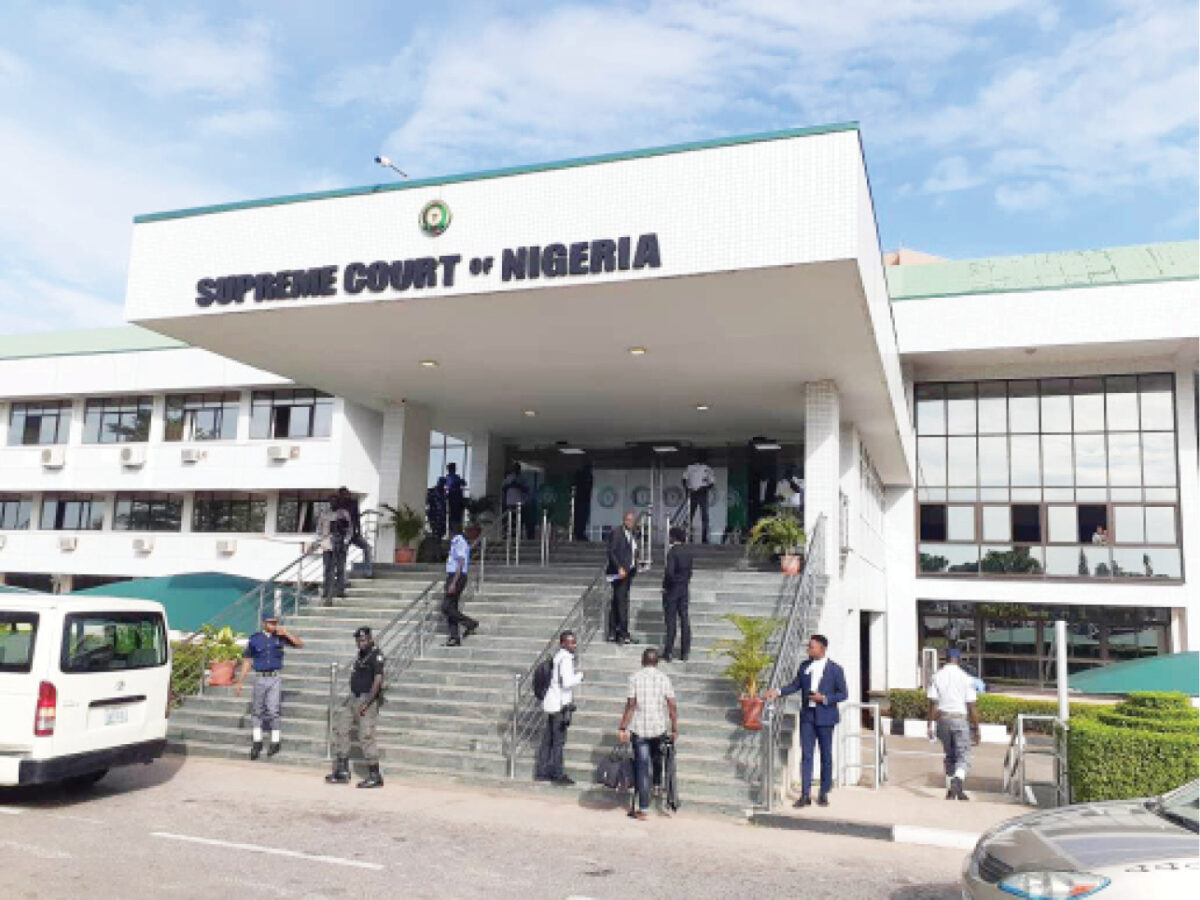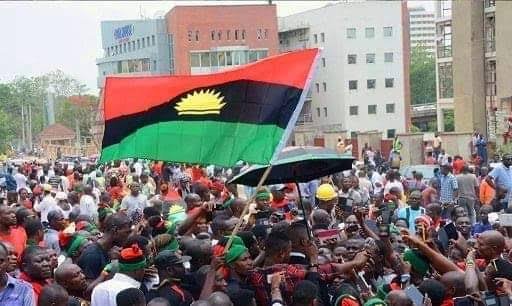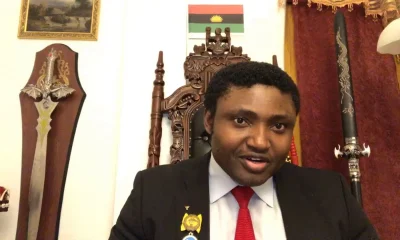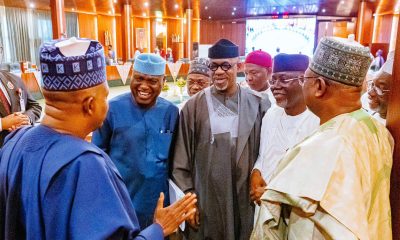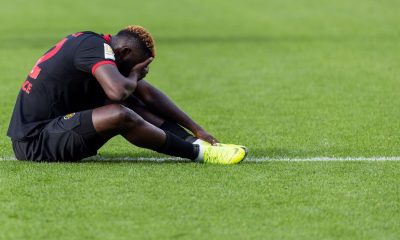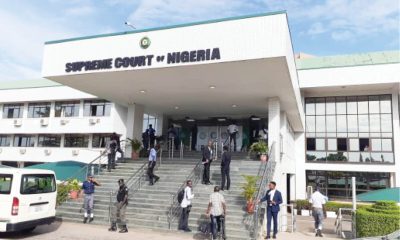As Nigeria celebrates its 25th Democracy Day, President Bola Tinubu promises to preserve and strengthen democratic institutions and to deliver more dividends of democracy to Nigerians.
Tinubu said Nigeria has established a tradition of holding “transparent, open, and fair elections,” which gives credence to the country’s democratic bearing and pointed to “peaceful transitions of power” as evidence of the nation’s democratic maturity.
However, the two major opposition candidates, Atiku Abubakar and Peter Obi- who were plying for the presidency as Tinubu in the 2023 presidential election, have expressed concern over the state of democracy in Nigeria, citing poor governance, corruption, and insecurity.
Atiku Abubakar of the People’s Democratic Party (PDP)
Atiku, in his statement, paid tribute to the sacrifices made by democratic icons such as Basorun MKO Abiola but lamented the failure of the ruling All Progressives Congress (APC) to deliver on its promises, saying, “Our democracy is not yet virile if it continually fails to deliver the promises of prosperity and liberty to the people.”
Atiku said, “However, the past nine years has thrown up a regime of extreme hardship manifested in excruciating poverty and unprecedented levels of violence and insecurity upon our people. Sadly, the ruling All Progressives Congress is to blame for bringing forth this dawn of gloom,
“But the opposition political parties are even more guilty than the ruling party for the seeming lack of capacity to come together and galvanise a coalition that will retire the ruling party and articulate a plan of good governance that will earn the conviction of Nigerians.
“our democracy is not yet virile if it continually fails to deliver the promises of prosperity and liberty to the people.”
“Today, the failings of the opposition parties to uphold the functionality of their existence is the major threat to our democracy. The earlier they realise that the fortunes of Nigeria lies in their forging a coalition, the better it will be for our country and the people.”
Peter Obi of the Labour Party
Similarly, Obi, in his statement, urged the country to re-examine its democratic journey, saying the country has deteriorated into “classical state capture” rather than a government for the people.
As our dear nation marks Democracy Day today, commemorating 25 years of striving to be a democratic country, the fundamental question for all of us remains: Are we truly democratic?
Obi lamented that Nigeria’s democratic experience has been marred by leadership failures that have resulted in uncontrolled systemic corruption, high levels of insecurity, lack of freedom of speech, increasing poverty rates, and unprecedented levels of hunger and hardship, which remain unsolved and are growing geometrically.
To illustrate, Obi stated that the country is not truly democratic and has only produced the aforementioned vices, noting that the country’s democracy index score of 4.23 ranks it low on the Global Democracy Index, while its corruption perception index ranking of 145th out of 180 countries shows a high level of corruption in Nigeria.

